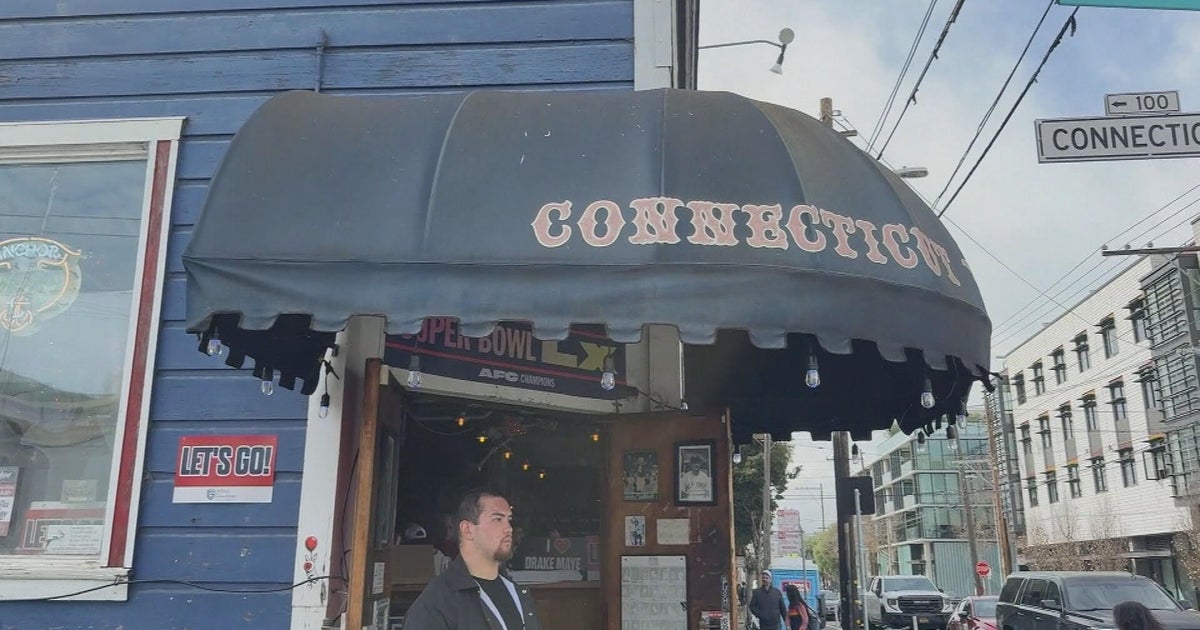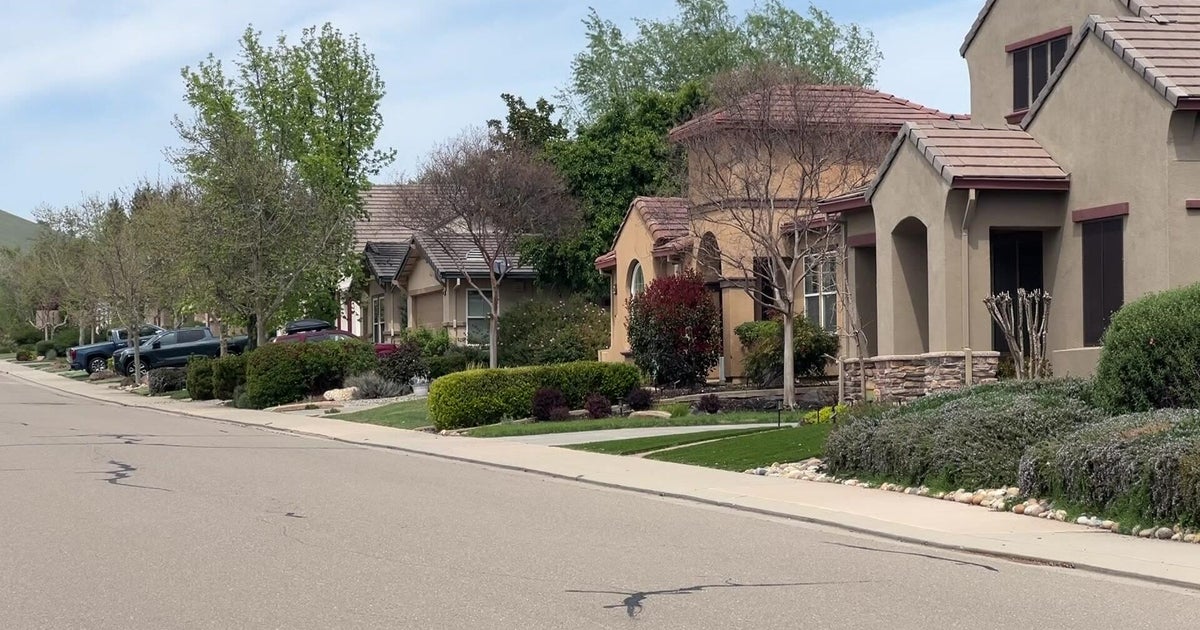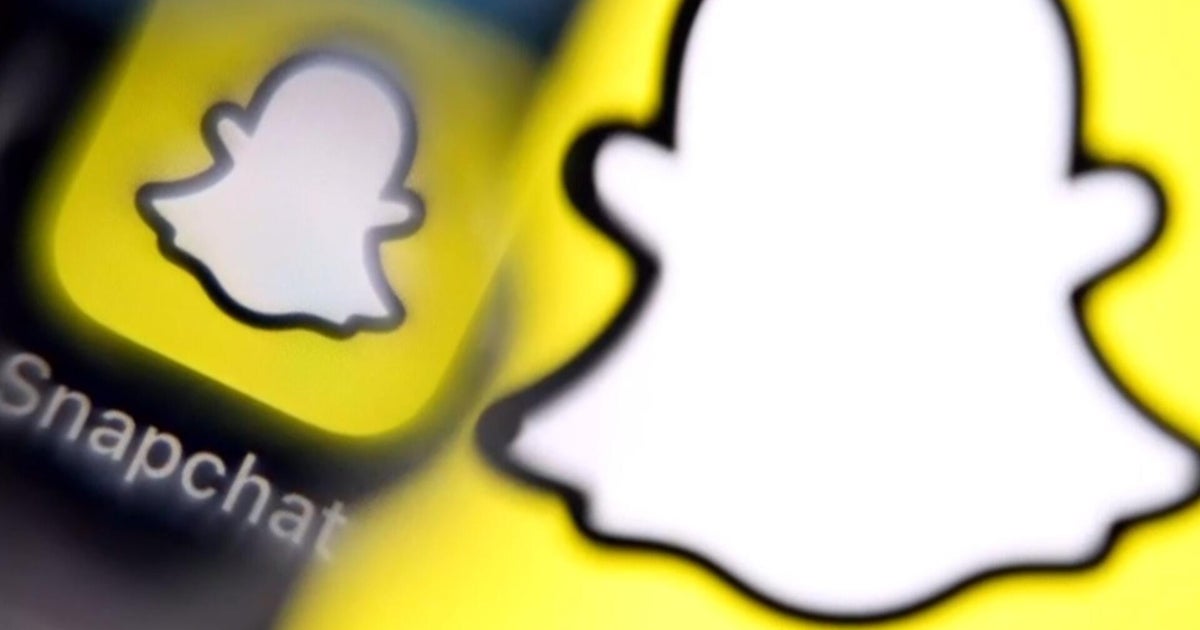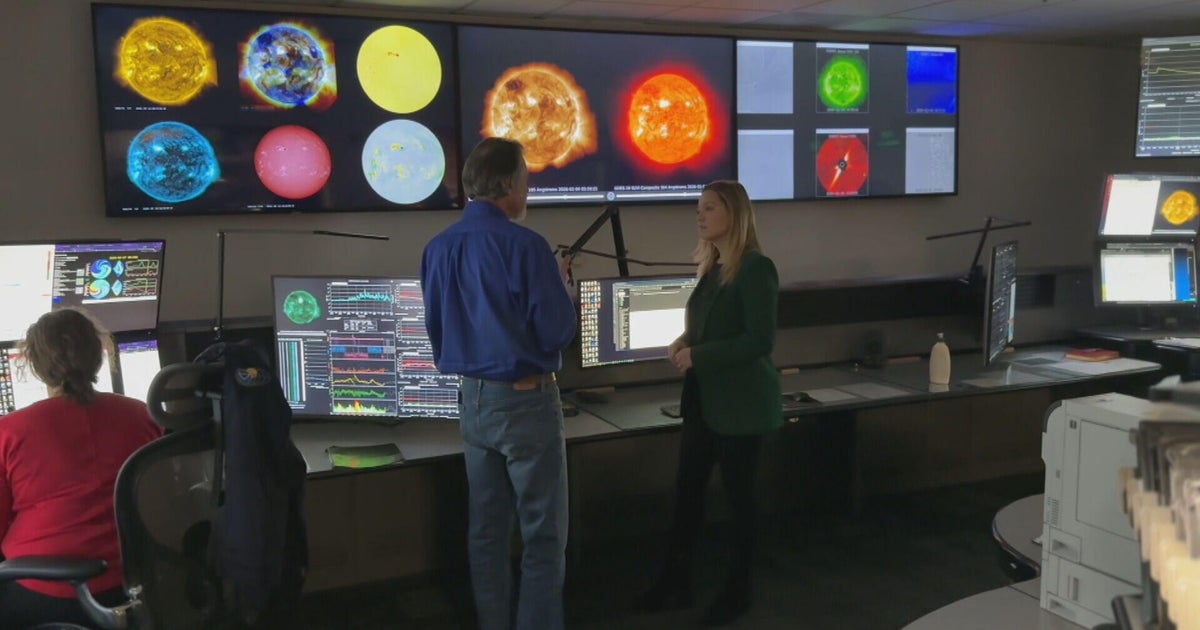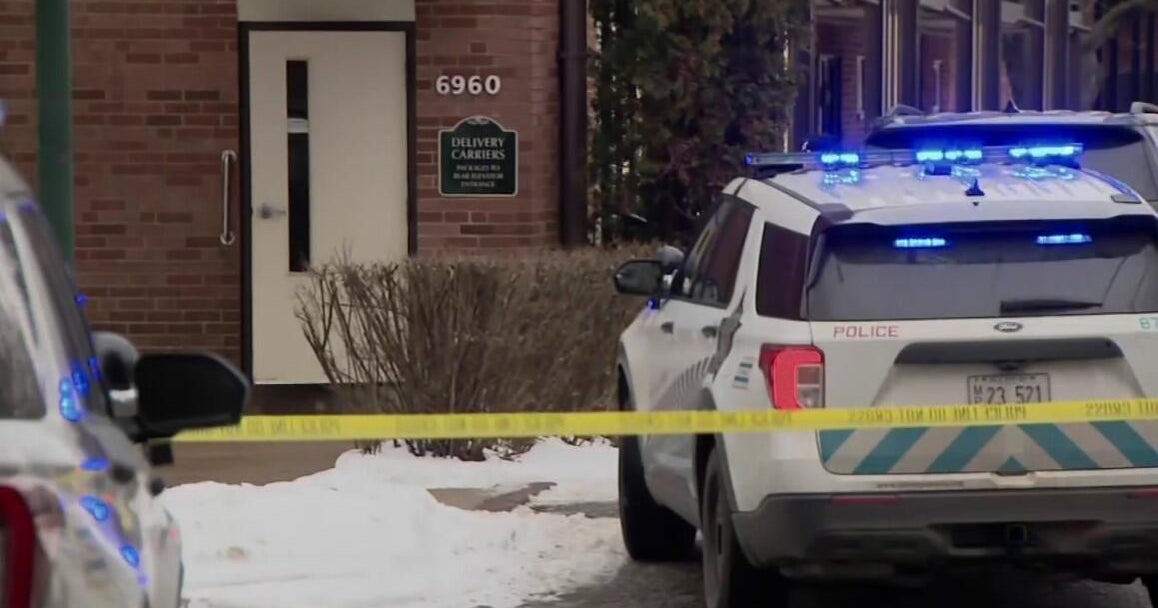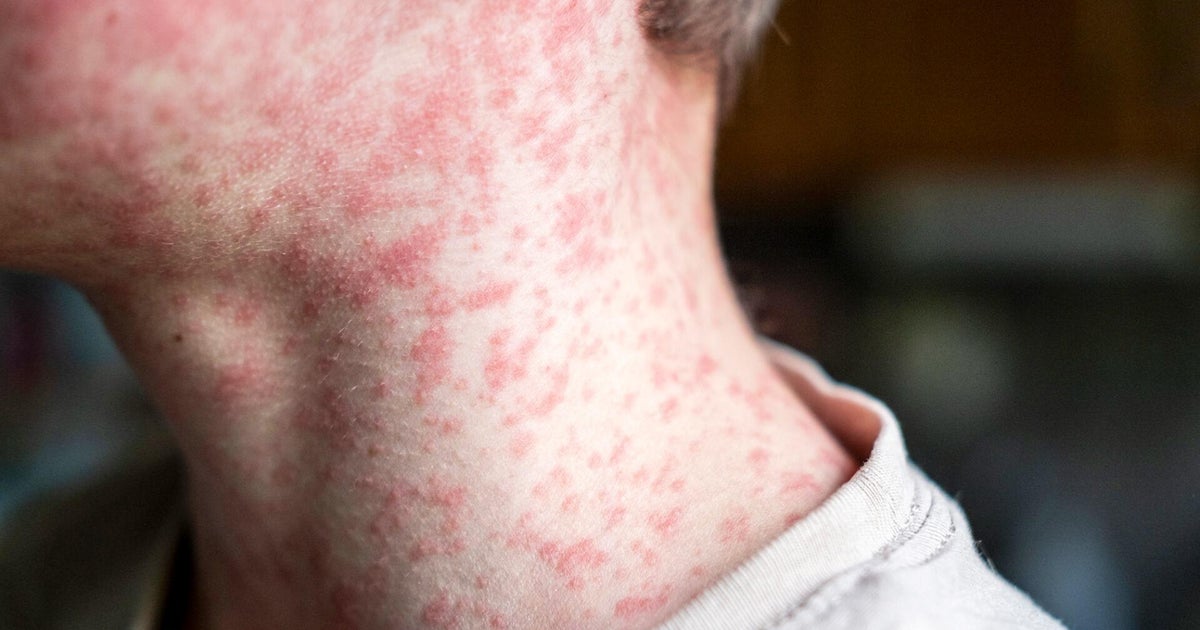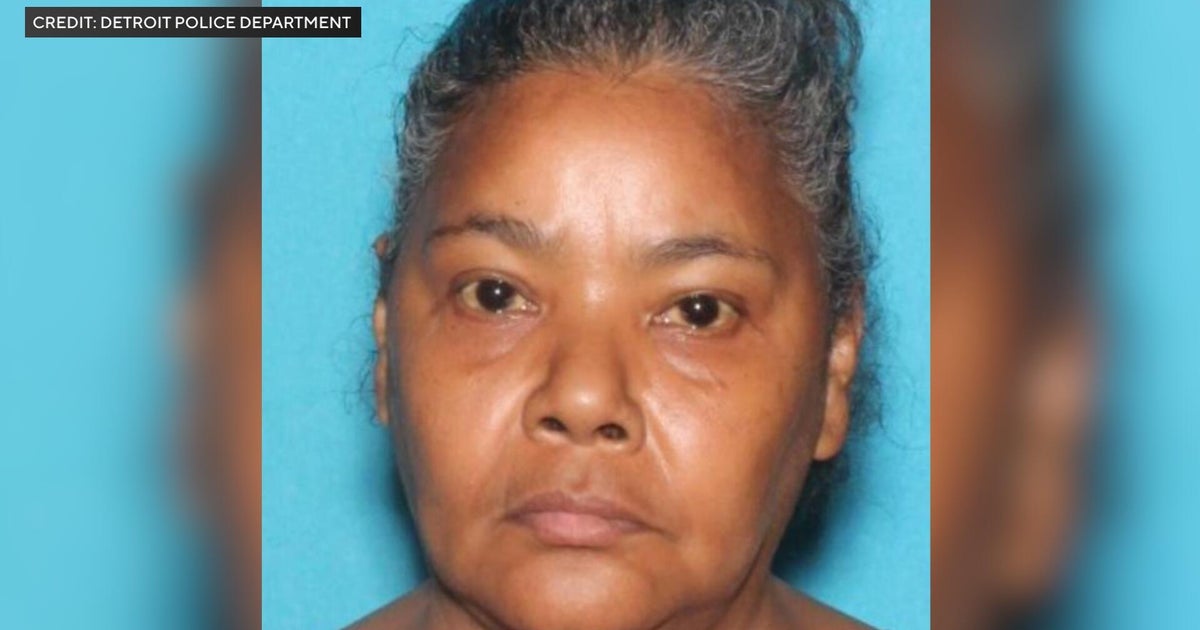Preparing for Hurricane Irene
August 27, 2011
Hurricane Irene pounded the Bahamas earlier this week and in keeping track of its path, we are next! To help us better prepare for Irene, on this edition of "Centro", WBZ's Yadires Nova-Salcedo talks with Daniel Llargues, Public Information Officer for the Federal Emergency Management Agency (FEMA). Tune in to find out what you need to prepare for Irene.
WHAT YOU NEED TO PREPARE FOR HURRICAN IRENE:
Supply Kit
• Water – One gallon of water per person for at least three days, for drinking and sanitation
• Food – At least a three day supply of non-perishable food
• Radio – Battery powered or hand cranked radio and a NOAA Weather Radio with tone and alert and extra batteries for both
• Flashlight – And extra batteries
• First Aid Kit
• Whistle –To signal for help
• Dust mask – To help filter contaminated air
• Duck tape
• Moist towels
• Garbage bags
• Hand sanitizer
• Wrench or pliers
• Can opener
• Cell phone-Charger for use in your vehicle to help you stay connected and get vital information during power failure
• Local maps
• Prescription medication
• Infant formula and diapers
• Pet food
• Important Family documents – Insurance policies, id's and bank accounts records in water proof, portable containers
• Cash or travelers checks and change
• Have your vehicle ready –fill your tank before the storm hits since the pumps may not work due to power outage
Make a Plan
• Identify and out of town contact – it may be easier to make a long distance call than to call across town so an out of-town-contact may be in a better position to communicate among separated family members.
• Be sure every member of your family knows the contact phone number – have a cell phone, coins or a pre-paid phone card to call the emergency contact.
• ICE –In case of Emergency save a contact under that name, emergency personnel will often check under that name to get a hold of someone you know.
• Teach how t text message –Make sure your family members know how to do this, texting may be more effective when a phone call may not be able to get through.
• Subscribe to alert services – Many communities now have systems that will send instant text alerts or emails to let you know about bad weather, road closings, local emergencies, etc.
FOR MORE INFORMATION:
FEMA Disaster Assistance Line
1-800-621-FEMA (3362)
www.Fema.gov
www.DisasterAssistance.gov
www.DisasterAssistance.gov/espanol
FOLLOW CENTRO ON FACEBOOK AND TWITTER!
http://www.facebook.com/Centro#!/pages/Centro/105090036215452
www.twitter.com/yadiresWBZ

